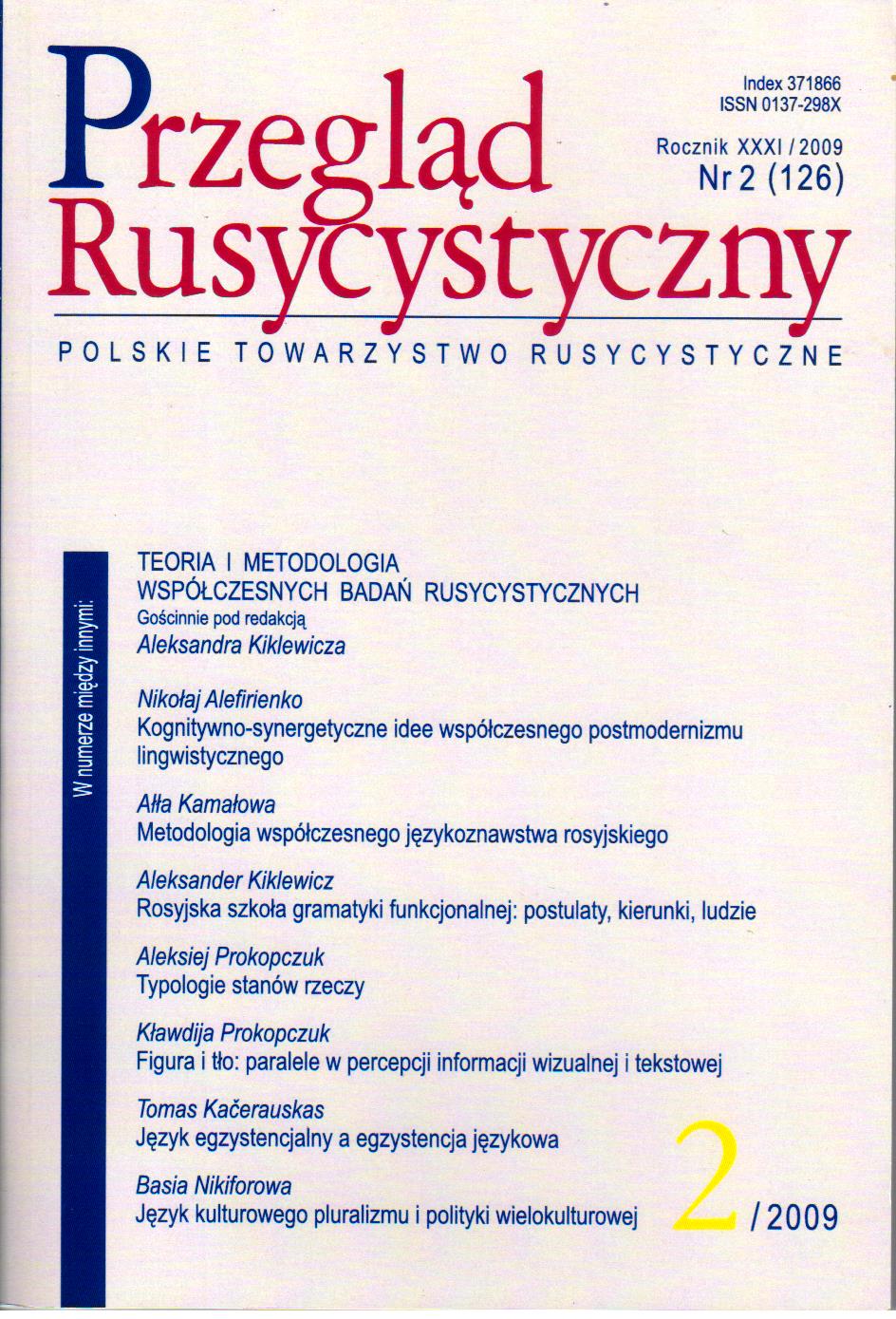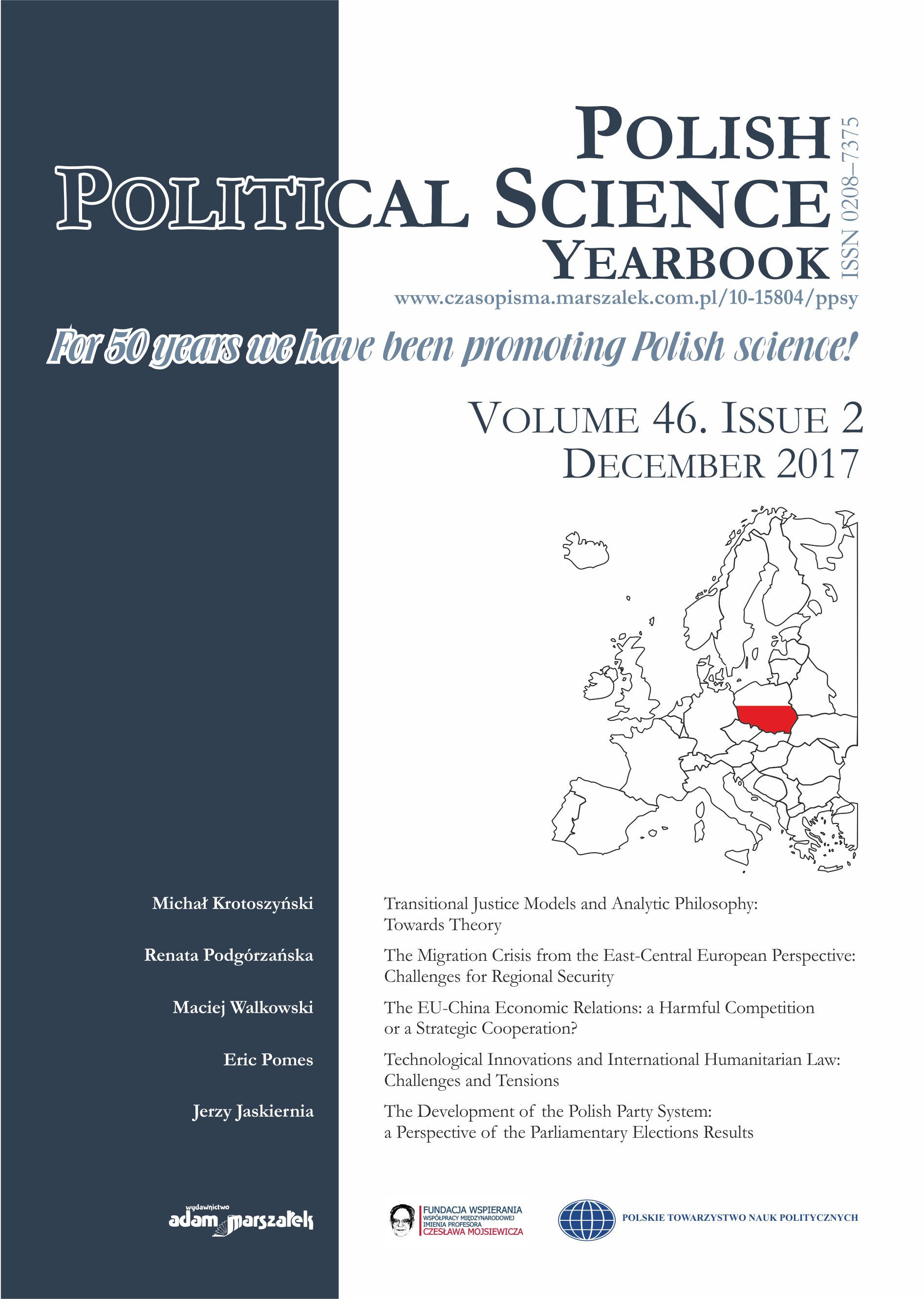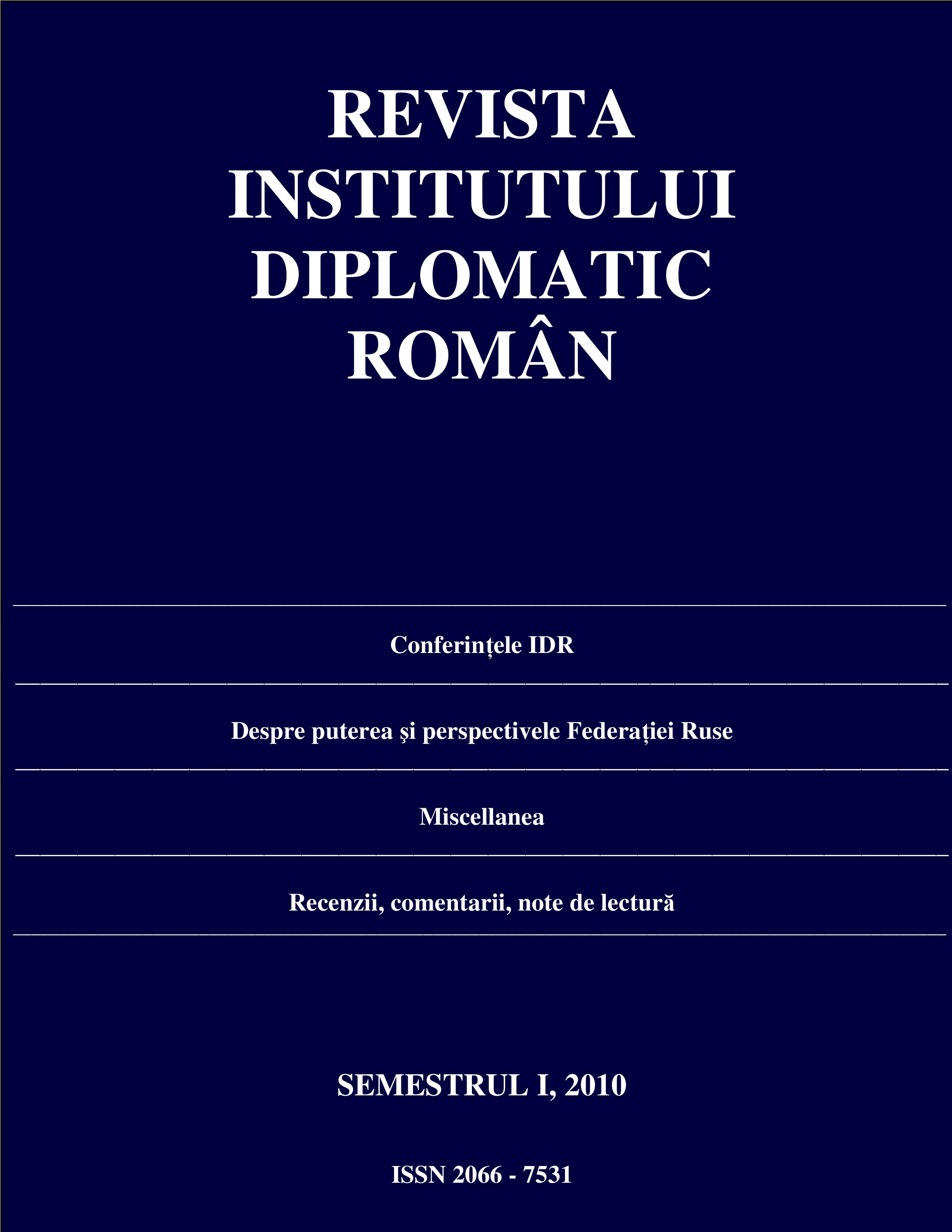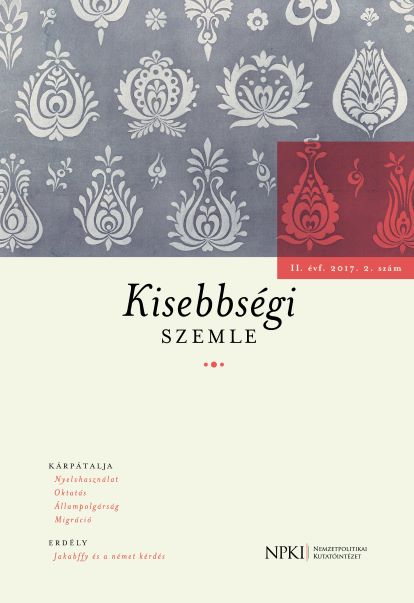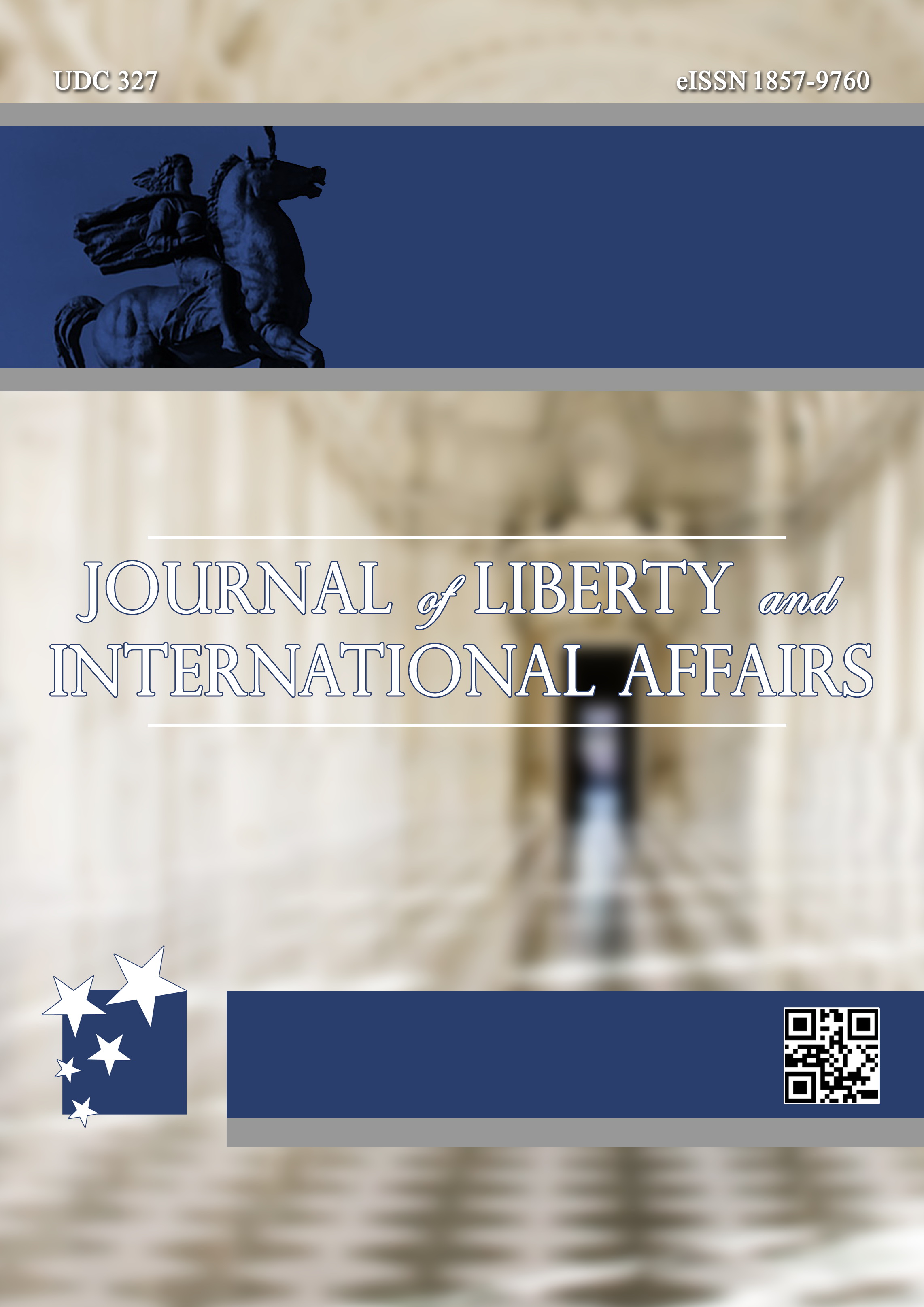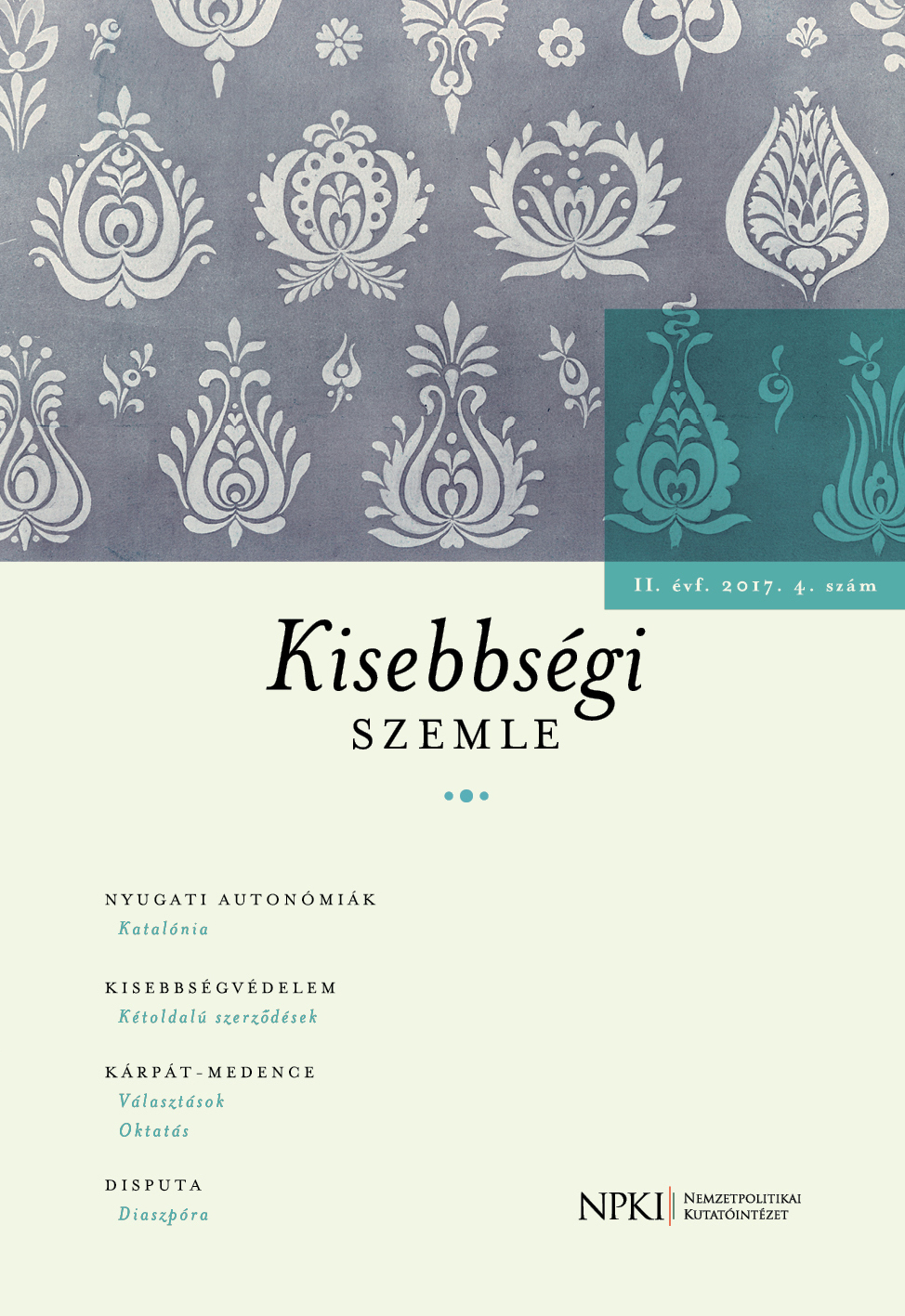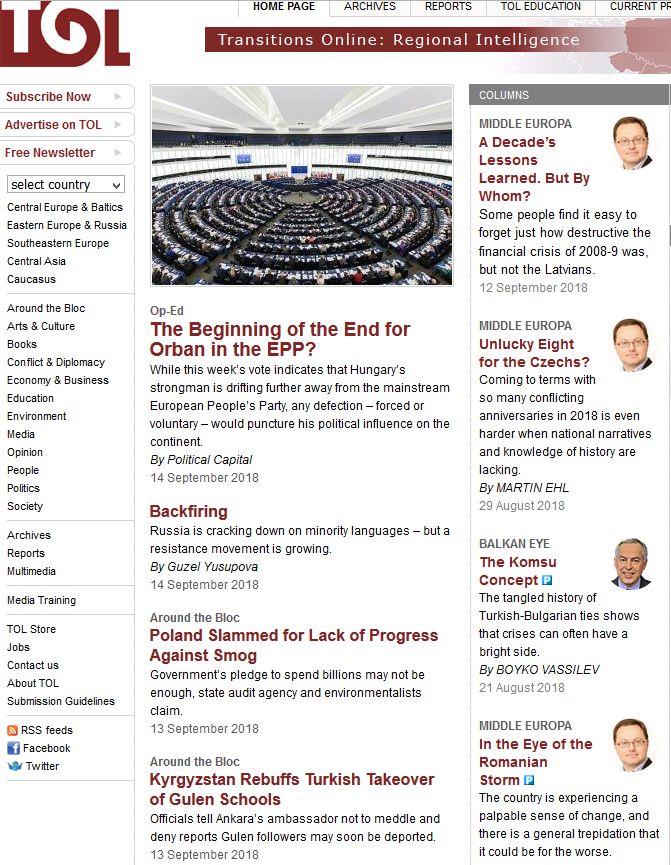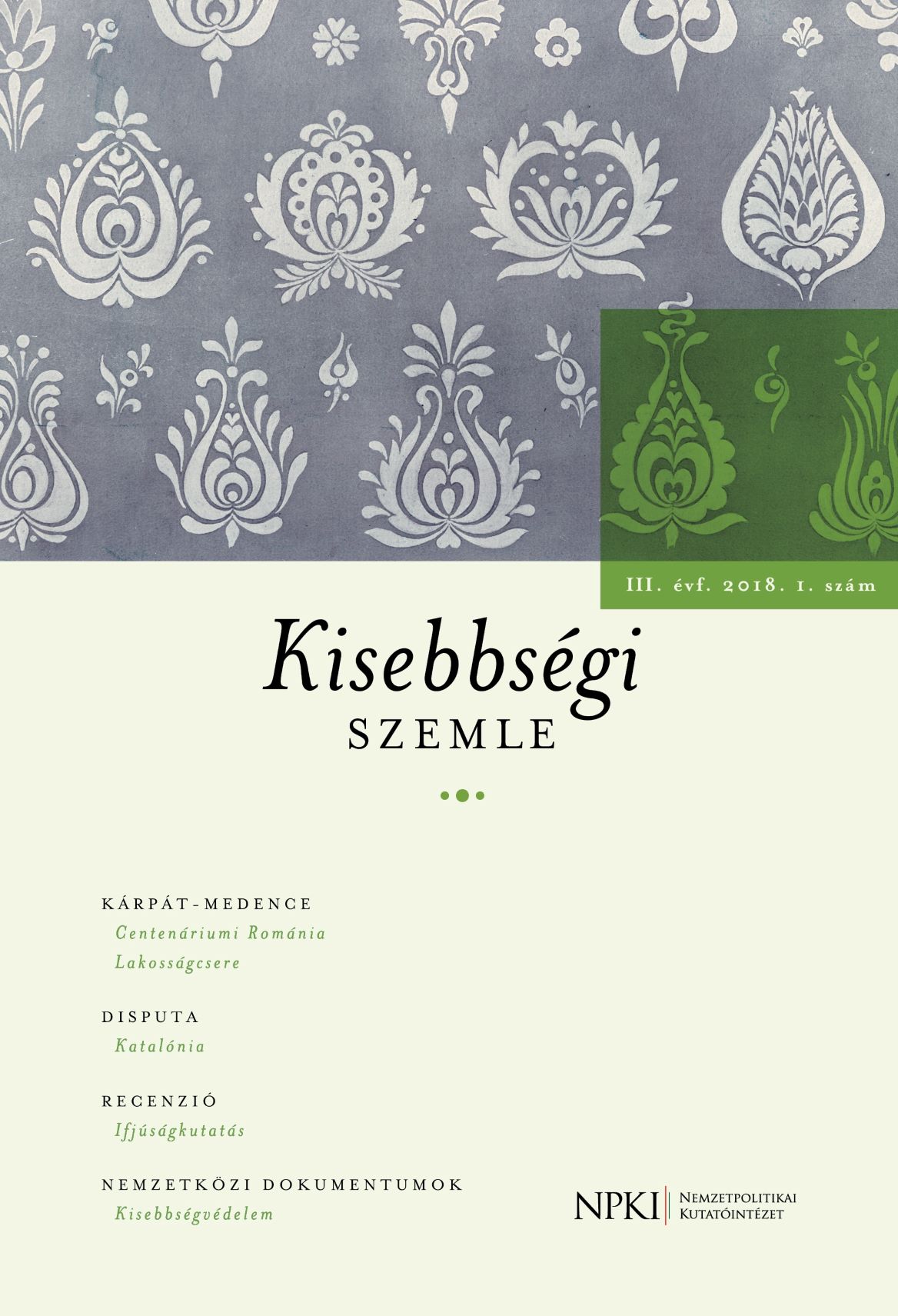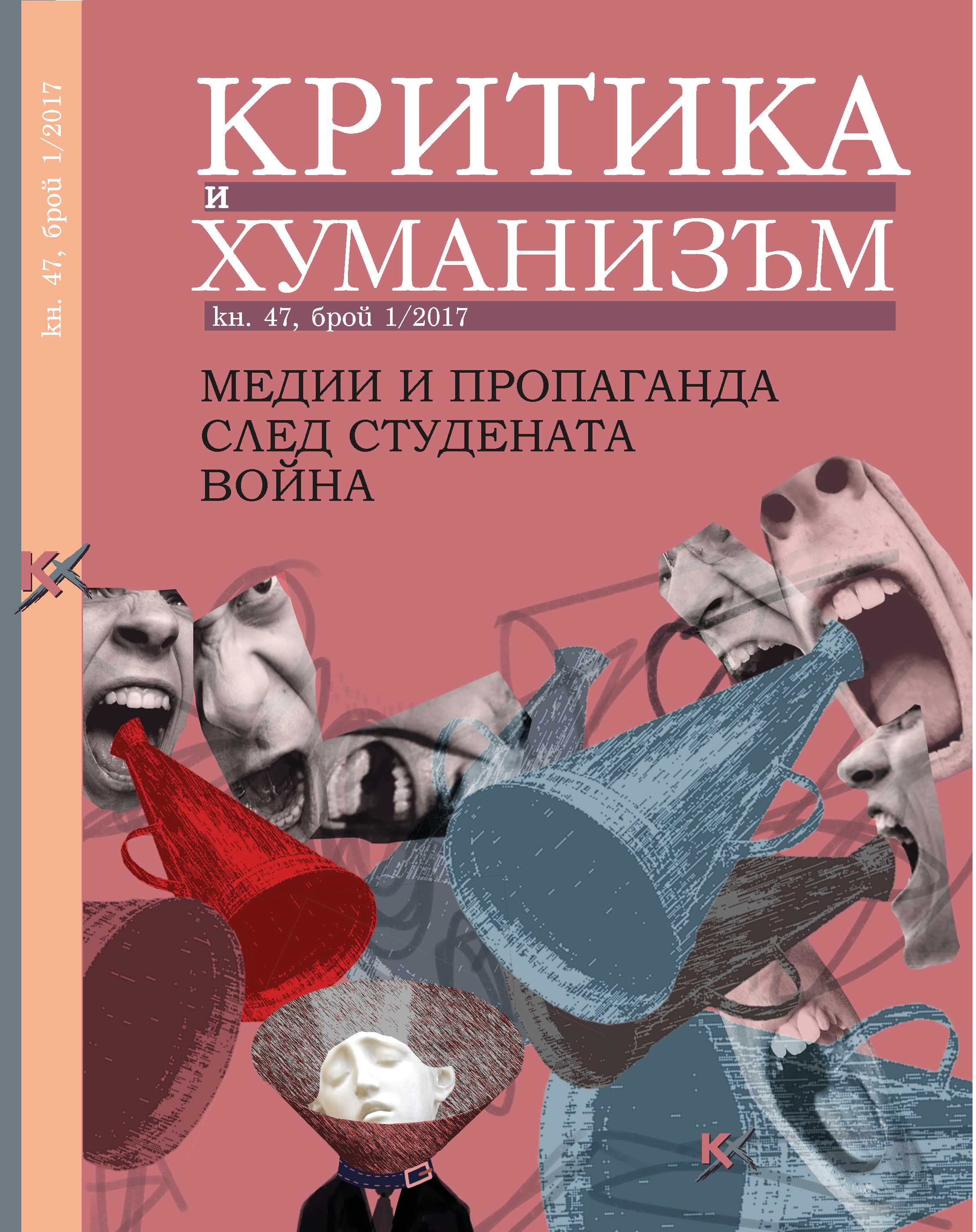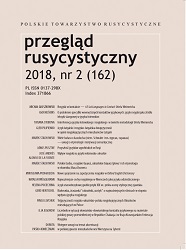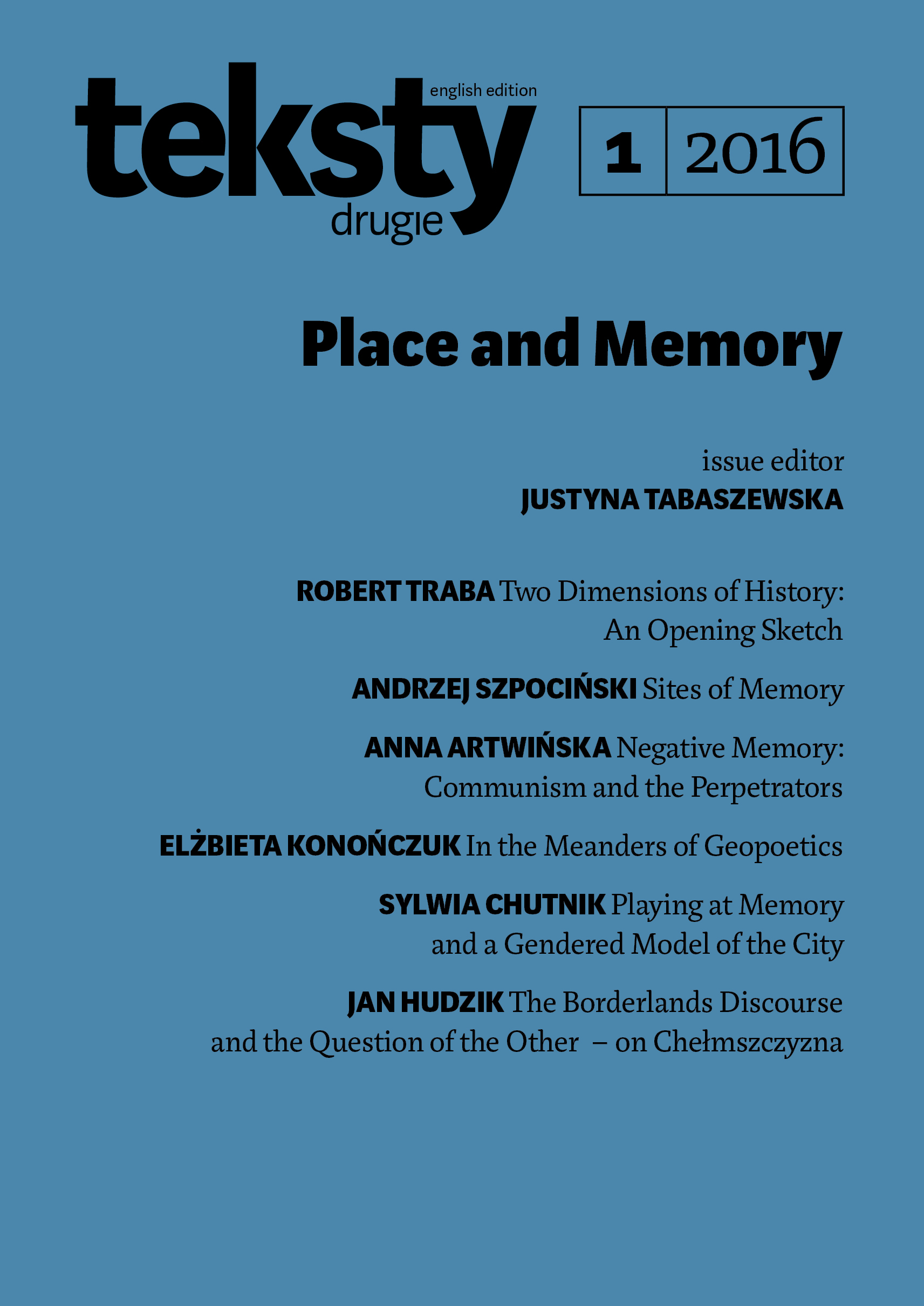Author(s): Olga Rafayilivna Kopiyevska / Language(s): Ukrainian
Issue: 1/2015
In the article the interaction of state and culture in the context of political cooperation and creative elites. Actualized problem productive interaction of all stakeholders’ cultural life of the country. It is noted that Ukraine is a European orientation requires a gradual alignment of the democratic system in the country, the functioning of all spheres of public life on the basis of culture and law. Defined and analyzed in the article the problem of the national political elite, which is associated with the lack of what is called long planning horizon, the ability to create scenarios for the future, to choose the most appropriate, given the characteristics of internal and external circumstances, and develop strategic direction, build their models implementation. The article argues that from the contradictions that exist between the political and creative elite depend not only the fate of national culture and art, but also the fate of the political elite. In the context of the research attention paid to politics of identity in view of the importance of not only its practical implementation, but conceptualizing how important area of scientific knowledge, including cultural. Characterized terminology, historical reflection. We analyze the subject matter of identity politics, including cultural, that are functionally associated with the formation and reproduction of national, civic, regional, ethnic and religious identities. It is noted that the basis of identity politics is history and culture and formed on the basis of the concept of historical and cultural memory, which allows you to use all the resource potential of value-moral, historical and symbolic and emotional content. The study examined the article description also serves institutional mechanisms for the formation, preservation and transformation of identity through the cultural world view and value system of ideological and political views. Thus, it is noted that the mechanisms of identity politics should provide different social, ethnic and other groups that defend the right to their own identity in the community the opportunity to be different, but not alien or hostile and thus prevent xenophobia. Thus, the article examines subjects that affect identity politics. The latter is characterized as belonging to the different branches of government and civil society. Determine their role and importance in the implementation of national cultural identity. In particular, it is noted that identity politics has gained urgency in the European territory in connection with the creation of the European Union and its further expansion, which raised the question of the territorial identity population in different regions. The article also identifies the main challenges of cultural identity among which is focused on creating information and communication channels of distribution of state doctrine to identity formation and reproduction system of norms and values shared ideas on the prospects of social development. The role of cultural institutions, along with public television and radio and fulfill this role. The policy of cultural identity is seen from the perspective of ongoing state social ethnic, professional groups, practice formation (construction) identity that allows you to integrate cultural and educational practices significantly affects the formation of cultural environment determines the atmosphere in society and contribute to the spiritual development of the people; in response to one of the challenges of globalization – increased conflict between people who feel they belong to a global world, and people whose identity is inseparable from their authentic, local culture. Special attention is focused on the politics of cultural identity models, namely the conservative (or traditionalist) and innovation. It is reported that in the first model is the key "Conservative moralism" expressed in unambiguous interpretation of history, literature, historical and cultural heritage and is supported by an established set of symbols and rituals relevant. In turn, innovative model of cultural identity is an important resource of the country, the region and focused on meaningful intercultural dialogue in which basis tolerant, friendly attitude towards people of other ethnic groups, multicultural groups, and religious denominations. The opinion notes that effective and meaningful policy of cultural identity is the transition to a new phase of the relationship of the state and culture must be based principles of dialogue and civic participation in the formulation and implementation of cultural policies participatory, public-public-private partnership and civil solidarity. It is noted that it is common productive activity contributes to a positive consolidation that will resist the negative influence of popular culture, to prevent the erosion of national and cultural identity and formation, especially in young people a sense of responsibility for the fate of the country.
More...
